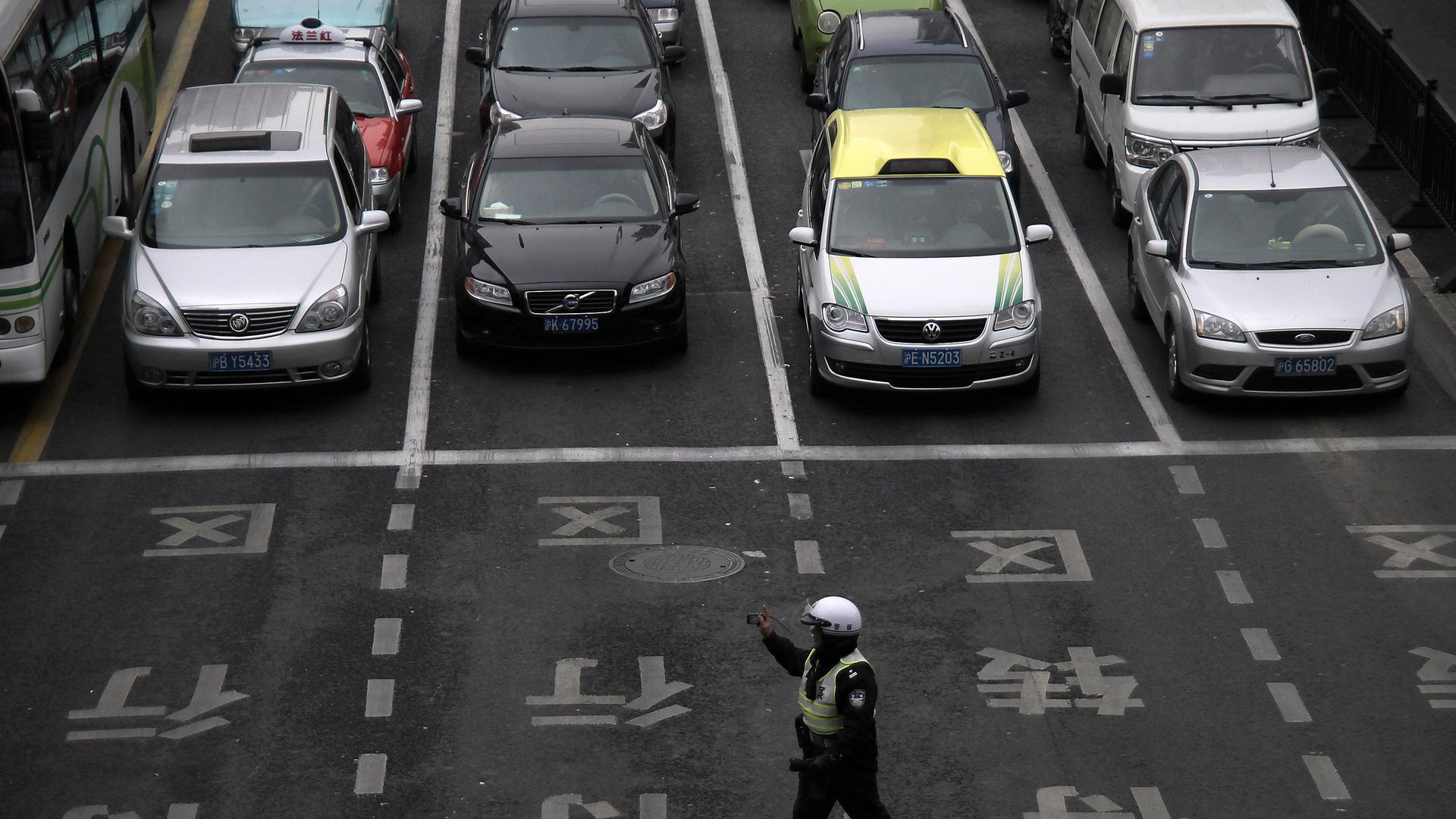Uber’s biggest Chinese competitor has closed a huge round of funding
For China’s ride-hailing companies, the fares are going up and the stakes are getting higher.


For China’s ride-hailing companies, the fares are going up and the stakes are getting higher.
Didi Kuaidi, a Chinese Uber competitor active in more than 300 cities, announced today it has closed a $2-billion funding round from internet heavyweights that include prior investors Alibaba and Tencent, as well as domestic funds Ping An Ventures and Capital International Equity fund, Singaporean state fund Temasek, and New York’s Coatue Management.
Didi Kuaidi claims that the round marks the largest single private-equity investment for an internet company, ever. That’s technically accurate—the round tops the $1.5-billion rounds raised by Facebook in 2011 and Airbnb last June.
But Uber, its biggest competitor, has more or less abandoned the practice of raising incrementally larger rounds, instead opting to take hundreds of millions (or billions) from banks, venture capital firms, and internet giants whenever it can. It’s currently raising a $1.5 billion round just for China.
Didi Kuaidi said the new funds will be used for “research and data science” and to “enhance the overall user experience.” But it’s no secret that the money will go towards more pressing matters—generous subsidy incentives for drivers.
Uber—which is valued at an estimated $50 billion—entered China in 2014 and began aggressively promoting its peer-to-peer tier “People’s Uber” (known as UberX in the US and UberPop in parts of Europe) with by giving massive trip bonuses for drivers, which can sometimes prove more lucrative than the fares themselves. At one point, drivers were given $50 for every 30 rides completed.
Didi Kuaidi entered China much earlier than Uber, and dwarfs Uber when it comes to cities in China. But whereas Didi Kuaidi owns an estimated 99% market share when it comes to hailing a taxi, the two firms are now competing for the peer-to-peer, Average-Joe-in-a-car market, which remains relatively untapped and has far more potential. Winning over drivers in this fledging market will take speed and cash.
Both Uber and Didi have begun to tout numbers proclaiming their popularity. Uber claims to be booking 1 million daily rides in China across all of its services (both peer-to-peer and chauffeured) for its 13 cities. Didi claims that Didi Shunfeng Che, the peer-to-peer service it introduced in June, is booking 600,000 daily rides across the 148 cities the cheaper service is active in. That’s likely fewer bookings per city than Uber.
But with fake rides, bravado, and no shortage of investors for both, the firms are probably neck-and-neck.